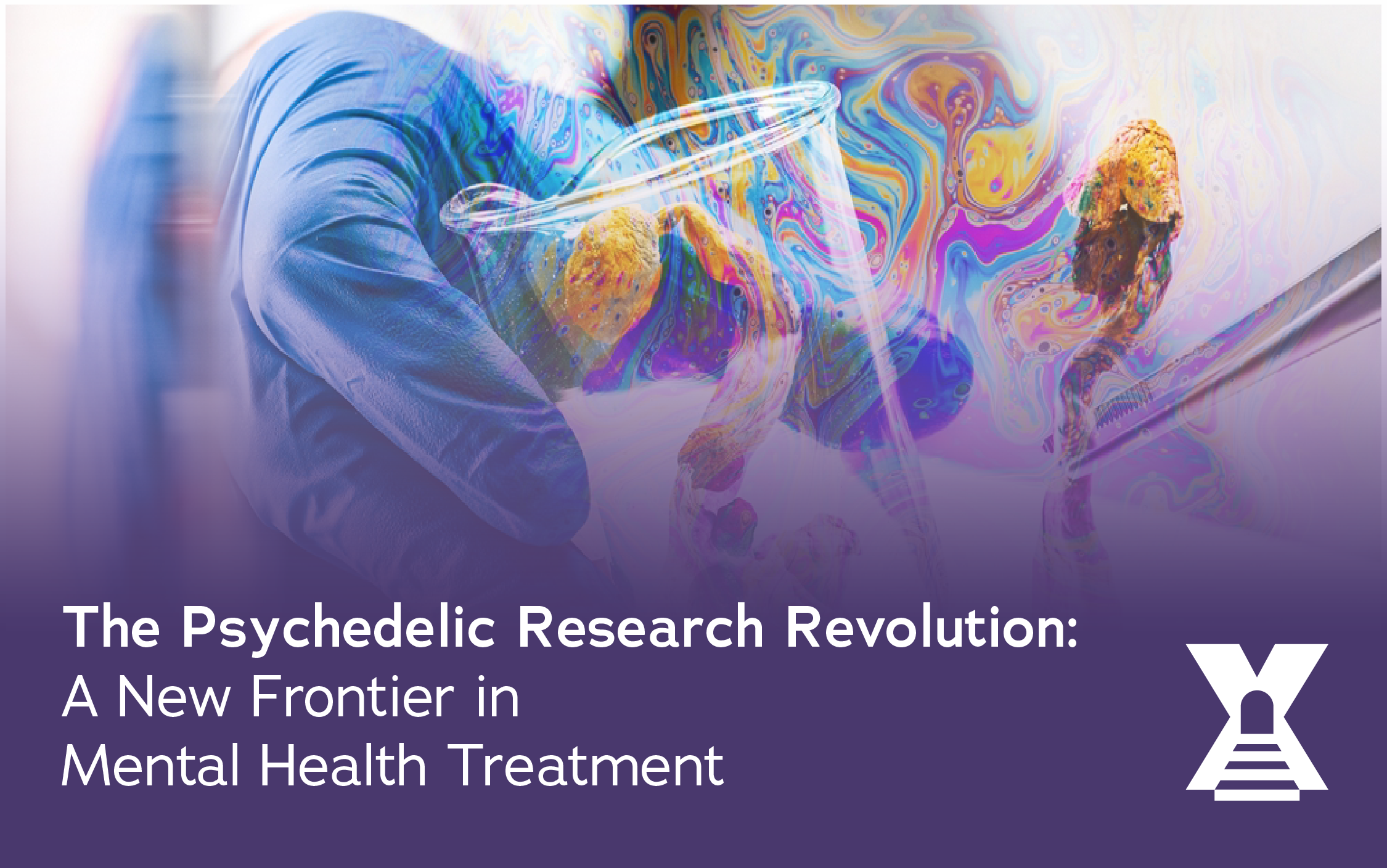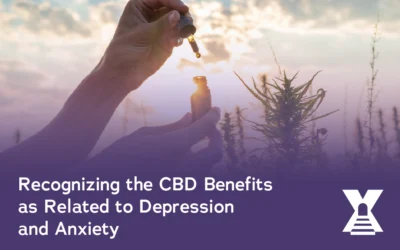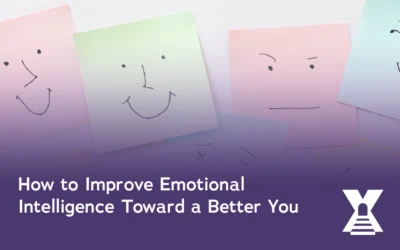People have associated psychedelics with counterculture movements and casual use for a long time. Studies are showing a real possibility these could completely change mental health care as we know it. This alters everything. Seriously. Treatment-resistant depression, anxiety, and PTSD may soon have new hope. Psychedelics—including MDMA, ketamine, and psilocybin—are being studied for their potential to help.
Breaking Down Barriers
Traditional treatments for mental health conditions often involve a cocktail of medications and therapy, but for many, these approaches fall short. People who have tried all other treatments might find psychedelics helpful; it’s a new avenue to explore. Imagine mental health services transformed – a brighter future for everyone. Imagine a world transformed by new materials—that’s what scientists are working on right now. So expect those big things poised to make a huge difference with lots of potential! Looking good so far! This is very hopeful. Looking good! It’s quite promising. For example, one study showed…

The Magic of MDMA
MDMA, commonly known as ecstasy, has been shown to be highly effective in treating PTSD. In a study published in the Journal of Psychopharmacology, 76% of participants who received MDMA-assisted therapy experienced significant reductions in symptoms, compared to just 29% in the control group. Treating PTSD is a real challenge; it’s known to be tough.
Ketamine: The Fast-Acting Antidepressant
Ketamine, a medication commonly used as an anesthetic, has been found to have rapid antidepressant effects in individuals with treatment-resistant depression. In a study published in the Journal of Psychopharmacology, 55% of participants who received ketamine infusions experienced significant improvements in symptoms, compared to just 15% in the control group. The noticeable contrast here is the time it takes to see results. While some options offer faster relief, traditional antidepressants often require a wait of several weeks to a couple of months before noticeable improvement.
Thinking about psilocybin as an answer.
In patients facing terminal cancer, the substance psilocybin (found in magic mushrooms) has demonstrated efficacy in reducing both depression and anxiety symptoms. In a study published in the Journal of Psychopharmacology, 80% of participants who received psilocybin-assisted therapy experienced significant reductions in symptoms, compared to just 30% in the control group.
Facing challenges head-on.
Although early results are encouraging, significant challenges remain before psychedelic treatments become widespread. Strict laws and a lack of research money are big problems. A lot of this comes from the negative stereotypes surrounding these substances. Using psychedelics for therapy needs special training and places to do it, which can be expensive and hard to find.
A New Era in Mental Health Treatment
Despite these challenges, the progress being made in psychedelic research is undeniable. The study revealed some surprising things. We’ll get into those results shortly. Completely unexpected. We were completely impressed. My expectations were far exceeded. Mind-blowing! I am shocked. Seriously. It’s going to completely change mental healthcare as we know it. Get ready. Expect to see some differences soon. Envision this scenario: Psychedelics teamed up with traditional therapy. A better, stronger treatment plan could be the result.
Expect positive change and growth; the future is full of opportunity and potential for advancement.

Mental health treatments could be revolutionized by psychedelics. This is a real possibility. Treatment and recovery? Prepare for a paradigm shift: this research will change how we see everything involved. For example, we could see the development of new therapies for depression or anxiety that are far more effective than anything we have now. For those who’ve had it rough, brighter times are coming. Good things are on the horizon; it’s going to be a great time. Relief is on the horizon.
In the words of Dr. Mental health treatment might see a revolution thanks to psychedelics, suggests expert Robin Carhart-Harris. You mean his research project? Prepare to be blown away; this is incredible. Seriously. This isn’t working; let’s change course. Think about what could be.
Here are the sources.
- NIMH: That’s the National Institute of Mental Health. (2020). Mental Health Conditions. https://www.nimh.nih.gov/health/topics/mental-health-conditions/index.shtml
- Journal of Psychopharmacology. (2018). MDMA-assisted therapy for treatment of PTSD. https://doi.org/10.1177/0269881117748909
- Journal of Psychopharmacology. (2019). Ketamine for treatment-resistant depression. https://doi.org/10.1177/0269881119826341
- Journal of Psychopharmacology. (2016). Psilocybin with psychological support for treatment-resistant depression. https://doi.org/10.1177/0269881116659094





0 Comments